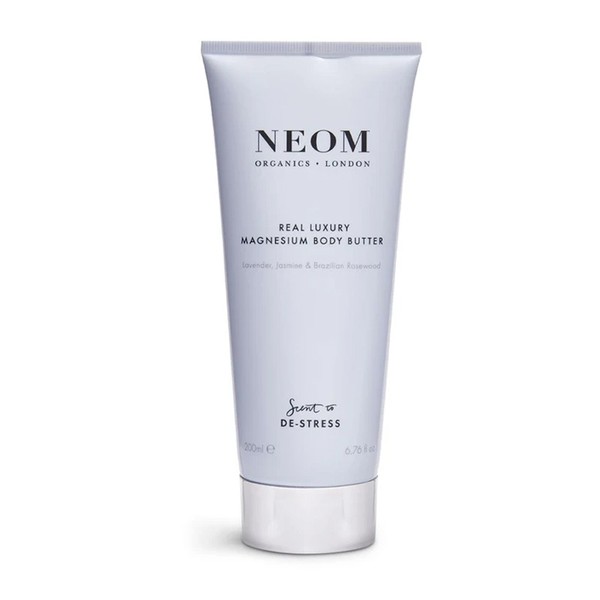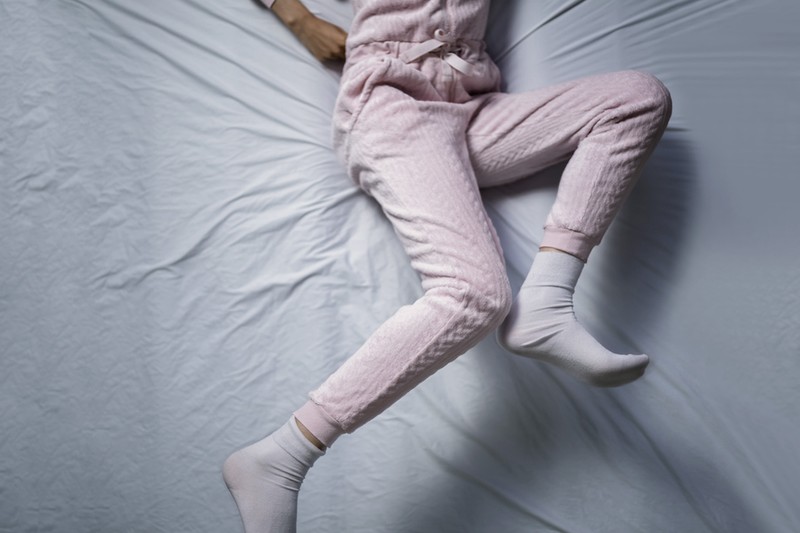
What The Health Experts Want You To Know About Restless Legs
Daisy York, nutritionist and co-founder of Aegle
Make Sure You’re Eating Well
“In some cases, RLS can be improved by targeting nutrient deficiencies: iron, B vitamins, potassium and magnesium are all relevant and ensuring adequate intake of these can help. It may also be helpful to think why levels of these nutrients might be low in the first place. Low stomach acid could be a contributing factor; in this instance, you may have enough nutrients, but your body struggles to break them down. Start by eating plenty of magnesium – aim to include at least two cups of dark green vegetables a day (this will provide 70% of your RDA), as well as Brazil and cashew nuts and 70% (or higher) dark chocolate.”
Take A Slow & Steady Approach
“As RLS is a chronic condition, it pays to take a long-term view. Start by avoiding alcohol, nicotine and caffeine for a week to see if there is an improvement, and then add in movement and exercise. One study showed significant improvement in RLS following a 12-week conditioning programme consisting of aerobic and lower-body resistance training. Also remember that what you don’t eat is as important as what you do eat – keeping a food and symptom diary for two weeks can be useful in identifying potential trigger foods. Also consider investing in a weighted blanket, as some studies show these can help.”
Visit MeetAegle.com
Emilia Herting, co-founder of Escapada and traditional Chinese medicine practitioner
Improve Your Sleep Hygiene
“RLS is characterised by unpleasant or uncomfortable feelings in the legs, especially during the night. The sensations are nebulous and tricky to describe, but can include aching, pulling, itching or crawling, and this restlessness is generally relieved in the morning once you start moving around. As the condition can keep you from falling asleep, try to eliminate all the other issues that may keep you from having a good night’s sleep. Go to bed at the same time every night and establish a solid bedtime routine. If you have trouble working out what helps you sleep, try a sleep journal.”
Look To Chinese Medicine
“Chinese medicine believes RLS is caused by either an inadequate supply of blood to the legs, or by the legs receiving blood that is poorly nourished. Essentially, the blood is either stuck or not flowing smoothly, or it’s lacking sustenance. Thus, the prickly sensations you experience aren’t unlike the symptoms you feel when your leg ‘falls asleep’ because of diminished blood flow. Symptoms also appear to worsen at night as this is yin time – quiet, nourishing and restful time that’s the opposite of daytime ‘yang’, which is bright and lively. Blood is a yin substance and, at night, blood goes back to the liver where it’s stored so it can rest and detox for the following day. If the body is lacking enough blood, or isn’t flowing smoothly, it’s most noticeable during yin time.”
Try Cupping
“Cupping increases blood circulation to the area where the cups are placed, which can help relieve muscle tension, which in turn can improve overall blood flow and promote cell repair. Chinese herbal medicine is also worth trying. One herb in particular – radix paeoniae alba – can relax blood vessels and improve circulation. Chinese medicine also says you should eat more foods that help build blood and reduce dampness. Cut out white sugar, white flour products, dairy, high carb meals, fast food, tobacco and alcohol and instead eat lots of dark green, leafy vegetables, beetroot, red meat, salmon and molasses. Bone broths and slow-cooked bone dishes are also nourishing for the blood.”
Stay Active During The Day
“This is important to support good blood circulation to the extremities. From a Chinese medicine perspective, physical movement moves Qi around the body, which can help prevent RLS. At the same time, however, excessive exercise may also trigger RLS by overtaxing the physical body and the blood. Be sure to balance your exercise – yoga and stretching exercises can be beneficial.”
Visit EscapadaHealth.com
Dr Sarah Brewer, GP and medical director at Healthspan
Accept It Could Just Be One Of Those Things
“RLS affects most people at some point during their life. During childhood, it’s often dismissed as growing pains, and up to 10% of the population experience it on a regular basis. Symptoms are associated with reduced oxygenation of muscle and nerve tissues in the lower limbs. Some researchers suggest that a sudden desire to move the legs is a protective mechanism, designed to pump more oxygen-rich blood into tired muscles, and to remove metabolic waste such as carbon dioxide and lactic acid which irritate nerve endings and contribute to the twitching, pins and needles and burning sensations experienced.”
Dehydration Plays A Part
“Dehydration is thought to play a role by interfering with electrolyte balance. If you are dehydrated, symptoms can be relieved after drinking just one glass of water. Coconut water is particularly good as it provides additional electrolytes and a little sugar for instant muscle energy. Increasing your intake of iron-rich foods can also help but be sure to wash them down with fresh juice, as vitamin C enhances iron absorption.”
Try A Supplement That Helps Boost Oxygen
“Co-enzyme Q10 encourages oxygen uptake and improves energy production in muscle cells – studies suggest it could be worth taking if you struggle with RLS. When looking for a supplement, try the ubiquinol form, which may be more useful for people with RLS than the ubiquinone form. I recommend Healthspan’s Co-Enzyme Q10. Omega-3 fish oils, meanwhile, supply essential fatty acids that help maintain healthy cell membranes and optimum circulation.”
Visit Healthspan.co.uk
Shabir Daya, MRPharmS and co-founder of Victoria Health
Apply A Magnesium Spray
“The exact cause of RLS isn’t fully understood, although it’s believed a magnesium deficiency may play a part. Magnesium is involved in over 300 chemical reactions in the body, and it’s estimated that a wide spectrum of the adult population is deficient. With specific reference to nerve function, magnesium works in tandem with calcium to ensure optimal nerve impulse transmission and any deficiency in magnesium results in muscle spasms, twitches or tremors, as well as the symptoms experienced with RLS. Using a topical form of magnesium restores deficiencies quickly and safely as well as helping to alleviate the uncomfortable sensations when sprayed onto the limbs.”
Boost Circulation With Herbs
“One of the first thing I recommend to patients struggling with RLS is a good circulatory supplement such as Diosmin Plus. This formula contains powerful herbs believed to support circulation such as gotu kola, ginger and horse chestnut to enhance the flow of blood in the entire body including the lower limbs. This helps oxygenate all the tissues, providing them with vital nutrients such as magnesium to ensure healthy muscle and nerve function. However, do not take Diosmin Plus if you also take blood thinning medications such as warfarin and heparin.”
Check Your Iron Levels
“A recent study found 40% of people suffering with anaemia had RLS. It’s believed an iron deficiency in the brain cells causes the misfiring of nerve signals, leading to symptoms. I’m not a great advocate of taking iron on an ongoing basis as it’s one of the hardest minerals to metabolise and can put a burden on the liver. If you suspect you have anaemia, the symptoms of which include feeling out of breath, pale skin, fatigue and weakness, check your levels with your GP. If supplementation is necessary, take Globifer Forte, a gentle, non-constipating iron formula.”
Kickstart Your B12
“Vitamin B12 deficiencies are reaching epidemic proportions – it’s estimated nearly half the adult population may be deficient. The neurological implications are vast, and include numbness and tingling, such as that experienced by RLS sufferers. Studies suggest taking vitamin B12 sublingually (as opposed to an oral tablet) is the best way to boost levels. I recommend Jarrow Formulas’ Methyl B12 – take one lozenge daily.”
Visit VictoriaHealth.com
Gabriella Espinosa, yoga teacher at Movement for Modern Life
Try Stretching At Night
“Research has shown that women with moderate to severe RLS who practise yoga regularly experienced significant improvements in their symptoms, as well as better sleep, mood and lower stress levels. Yoga can also improve circulation and relax leg muscles. If you wake up in the middle of night in pain, lie on your back and hug your right knee into your chest, clasping your hands around your shin and hold for five rounds of breath. Next, release your hands and clasp them around your hamstring, exhaling to straighten your leg and circling your foot in a clockwise motion, and then anti-clockwise. Follow with flexing and pointing your foot five times. Repeat on the other side.”
If All Else Fails, Go Back To Basics
“If yoga isn’t your thing or if you are low in energy, simply putting your legs up against the wall can help. This pose allows both your lymphatic and circulatory systems to flow and helps the nervous system to relax. Lie on your back with your legs extended up against a wall or your headboard – stay in the pose for five to ten minutes, inhaling and exhaling slowly.”
Visit MovementForModernLife.com
Shop Products To Help With Restless Legs Below...

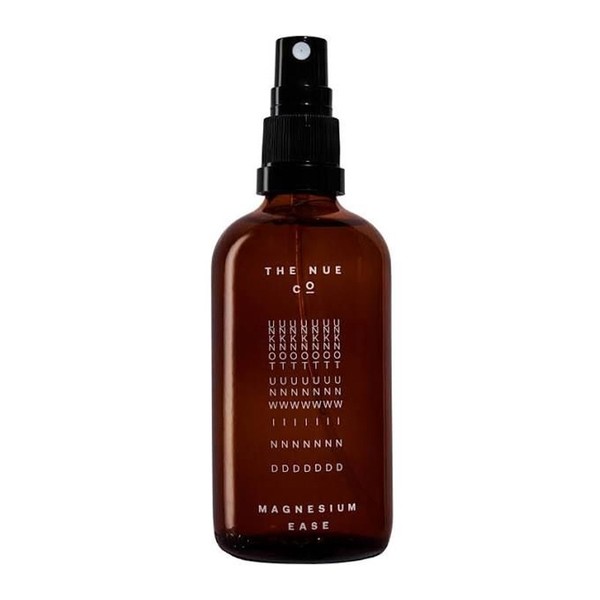
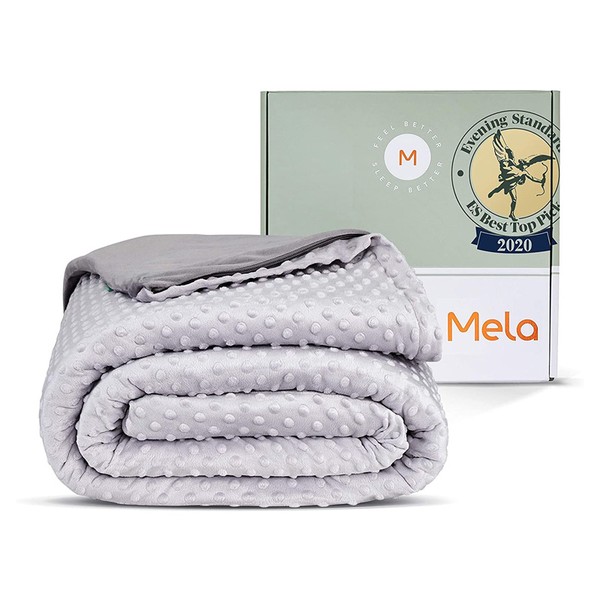
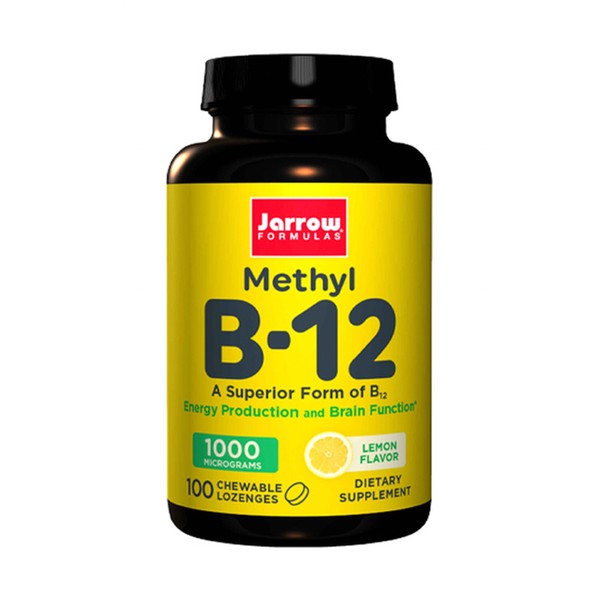
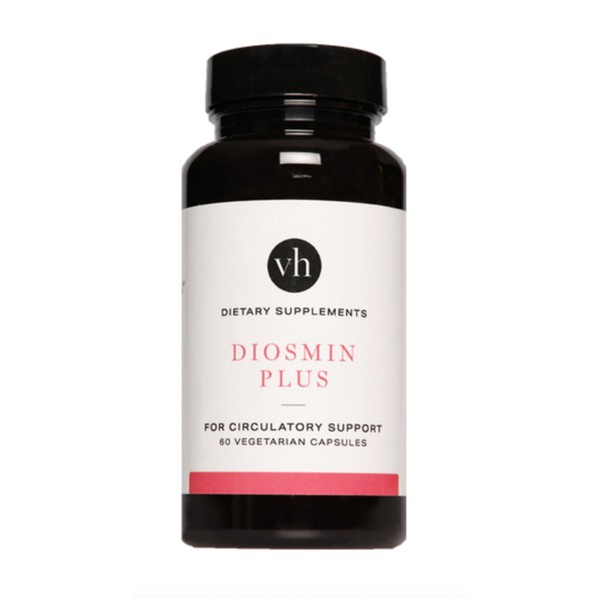
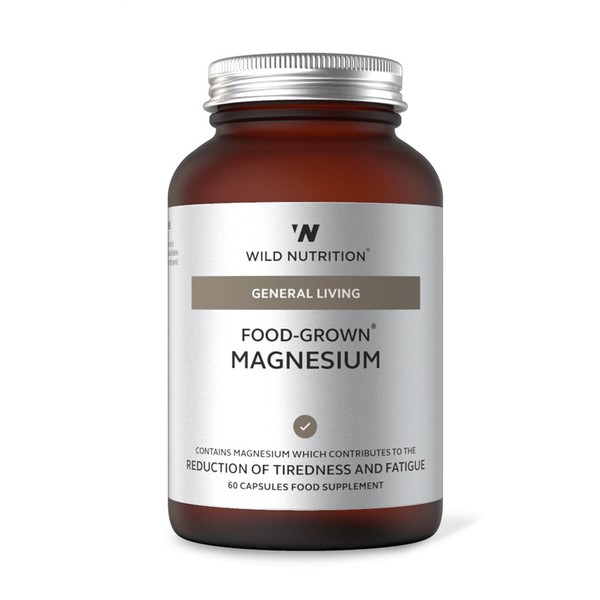
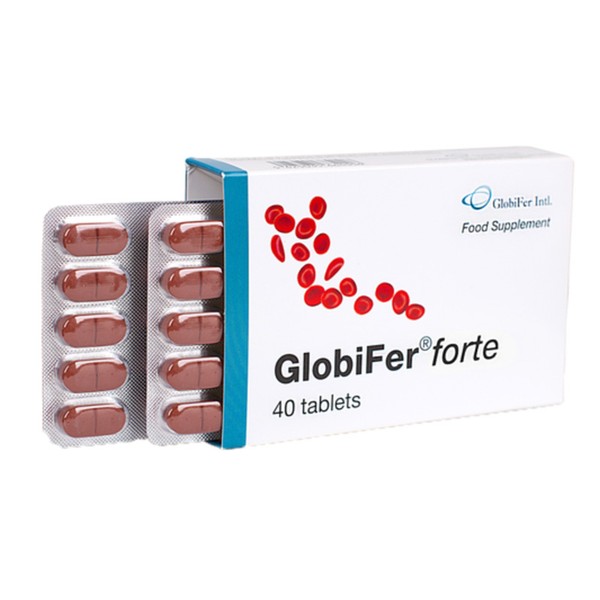
DISCLAIMER: Features published by SheerLuxe are not intended to treat, diagnose, cure or prevent any disease. Always seek the advice of your GP or another qualified healthcare provider for any questions you have regarding a medical condition, and before undertaking any diet, exercise or other health-related programme.
DISCLAIMER: We endeavour to always credit the correct original source of every image we use. If you think a credit may be incorrect, please contact us at info@sheerluxe.com.
